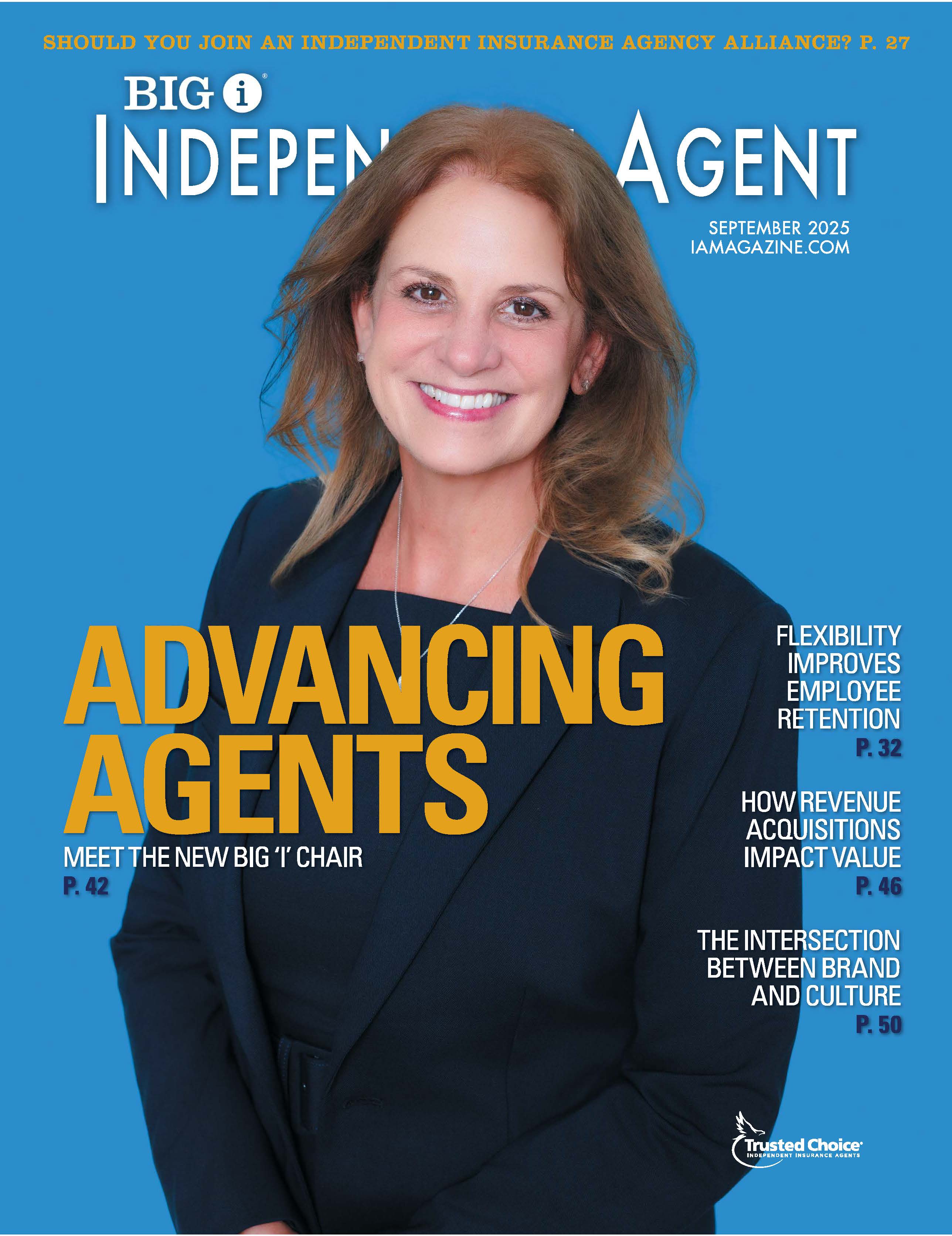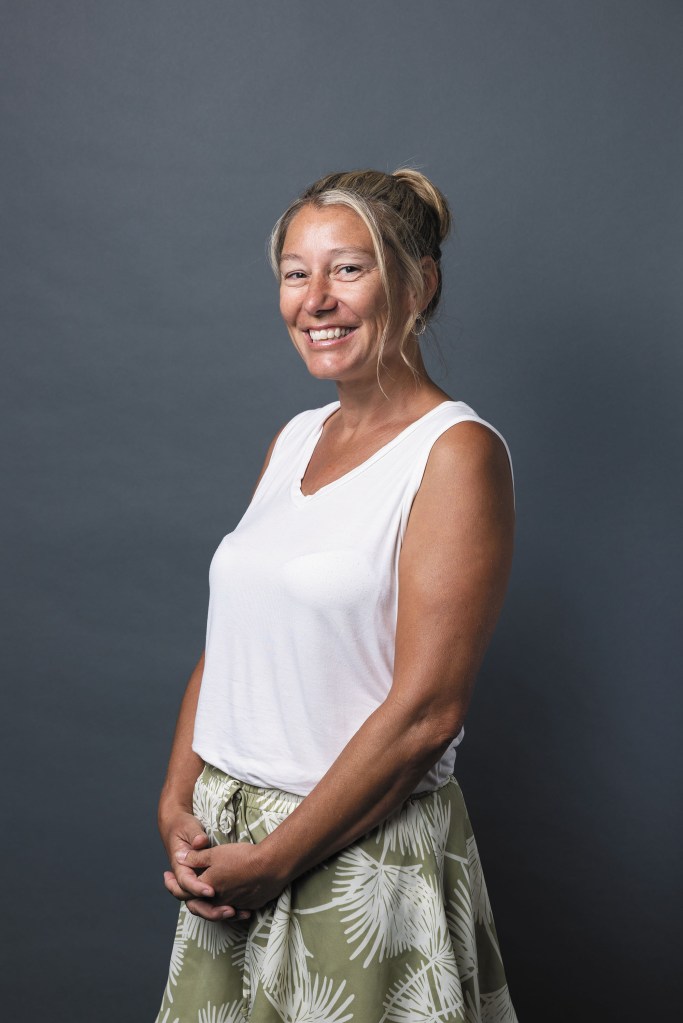When Should Coverages Really Begin?
By: Ellen McCarthy
The diehard fans among us are bound to be familiar with the old baseball saying, “life begins on opening day.”
Those same fans also surely know that, like many such popular aphorisms, this one is dead wrong.
Well before the first pitch of the season in blustery April, the team has spent months building out the roster, hosting spring training and getting the stadium and field back in shape for opening day—which is really the culmination of considerable labor, not its beginning.
In this respect, America’s favorite pastime provides a valuable teaching moment for insurance professionals.
Imagine that John Customer comes into your agency in January seeking coverage for a new restaurant he plans to debut in Wrigleyville at the start of the new Chicago Cubs season. He asks you to obtain liability, property, auto and workers compensation insurance and tells you the restaurant will open to the public on April 11. Without further discussion, you procure all requested coverages with an effective date of April 11.
On March 20, John calls to tell you the restaurant had a soft opening for family and friends the previous night. Unfortunately, one of the chefs accidentally chopped off two fingers while preparing the house specialty, and John wants you to file a workers compensation claim.
Taken aback, you tell him the coverages won’t take effect until April 11, the day he told you the restaurant would open. John is incredulous: “Surely you must have known there would be pre-work for the restaurant, including the hiring and training of staff.” He also points out that you never asked him when coverage was to incept and had not yet provided him with copies of his policies.
The next call you make better be to your E&O carrier.
Although the above scenario is fictitious, it’s not unlike a number of claims Swiss Re Corporate Solutions has received against insured agents who write coverage for new businesses and startups. At the time of the initial meeting with a customer, you must discuss not only necessary coverages but also when they need to be effective. Many new businesses hire employees long before the day the doors officially open. Those employees could be out delivering flyers, meeting with suppliers and stocking the shelves—all activities that could lead to workers comp situations, or worse, automobile and liability exposures.
Understanding the business model and the projected timeline of events is essential to ensuring the proper coverage is in place, as is securing the customer’s written signoff on the policy effective dates. This could all go a long way in helping prevent a misunderstanding about when coverage begins.
A similar increasing source of claims in the commercial space arises from home-based businesses. Consider the following: Jane Customer is a long-time personal auto and homeowners client and a personal friend of the agency. While at lunch to discuss her personal lines renewals, Jane mentions in passing that she decided to quit her job and open her own computer consulting business out of the house. You wish her the best of luck with her new endeavor.
Several months later, Jane’s house burns down after a lightning strike. After receiving the claim, the homeowners carrier takes the position that Jane’s expensive business computer equipment valued at more than $100,000 is limited to $2,500 in business property coverage under her HO-3 policy. Jane asks you why you didn’t tell her she needed additional coverage for her home-based business considering you clearly knew about her new work situation.
Again, you’ll need to call your E&O carrier.
When meeting with customers about their personal lines policies, agents are wise to take a moment to ask both where the customer works and if they conduct any business out of the home. While an occasional day of teleworking may not be cause for concern, some customers may be running a full-fledged business out of their houses, including hiring employees, manufacturing stock and storing inventory. Those businesses would likely have limited or no coverage for liability and property exposures under a typical homeowners policy.
Depending on the type and extent of work the client is performing, consider recommending business-related homeowners endorsements or even placing a separate BOP. Business auto coverage may also be necessary if the customer uses a car to make deliveries or visit clients. Some cases may even warrant a commercial package.
Develop targeted questions to the customer about the type of business, projected and actual revenues, number of employees, inventory and business model. The more proactive you are about asking the right questions to your business customers, the more likely the customer will have proper coverage in place should disaster strike.
Ellen McCarthy is a vice president and claim expert at Swiss Re Corporate Solutions and teleworks out of the Overland Park, Kansas office.










